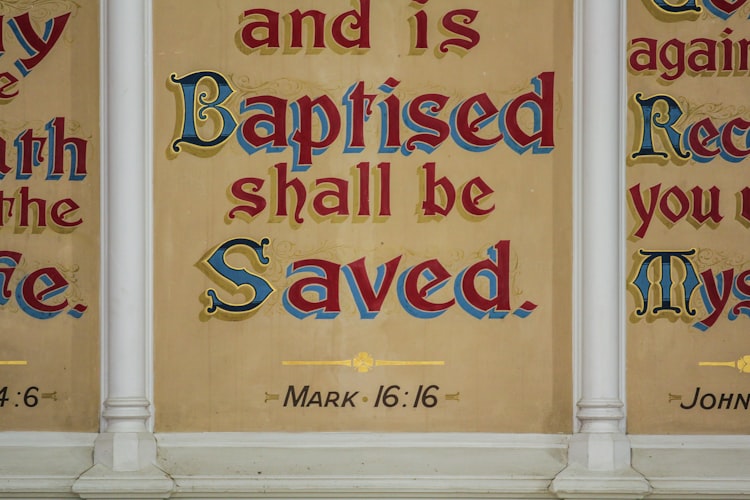Eternal Hell Question 2: Don't other passages refer to hell being infinite in duration?
Question: Your answer presupposes that hell is theologically claimed to last forever only because of one mistranslated word, but that is not the case. Hell is also described by Jesus as other words that point us towards forever, such as “unquenchable” (Mark 9:33-34) or “without ceasing” (see Rev 14:11)
First, in terms of Mark 9, it's important to note that the entire passage is rife with hyperbole that no one makes theological dogma of (cutting off your hand, plucking out your eye). If we're to be consistent, we should probably not make dogma out of "unquenchable fire."
Second, the unquenchable fire in question is that of Gehenna, an actual valley outside of Jerusalem (the Valley of Hinnom). It was both a garbage dump where you would burn your trash. And within a generation would be the Roman empire would burn the bodies of Jerusalem's population in 70 CE. Jesus' warning is not about an afterlife, but an actual warning about coming war and destruction.
Third, even if we were to assume that Jesus' warnings are about an afterlife (later Jewish rabbinical teaching would refer to Gehenna as a spiritual destination for the wicked, where they would spend a maximum of twelve months), we should note Jesus' other comment in 9:49, "Everyone will be salted with fire." The early church (including Origen and other patristic Universalists) took this to mean that everyone would go through a purification/healing/purgative process before having souls "fit for heaven." (See also 1 Corinthians 3:10-15).
As for Revelation 14:11, the word behind "without ceasing" is also aionios. The torment lasts "for an age." But it will come to an end.





Member discussion